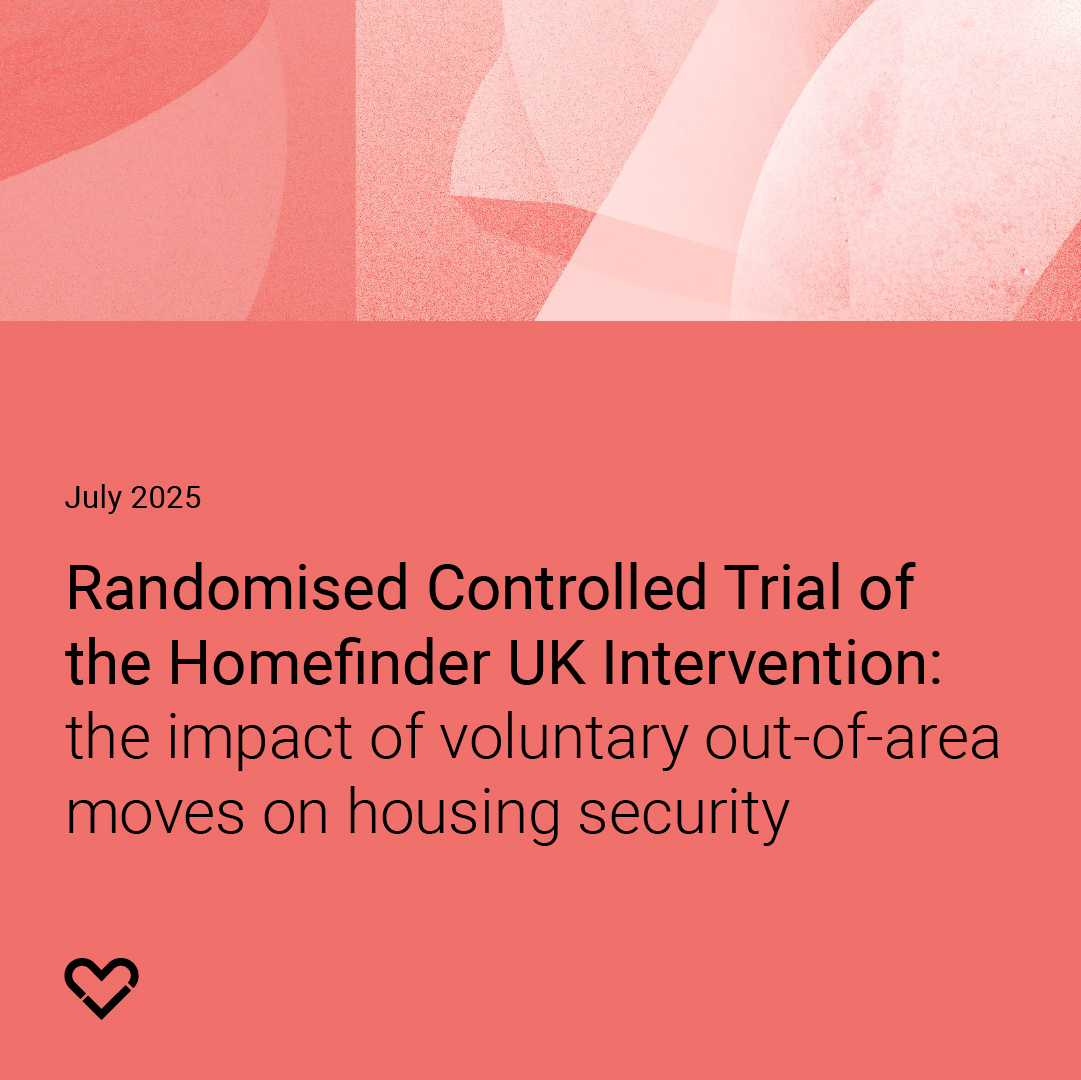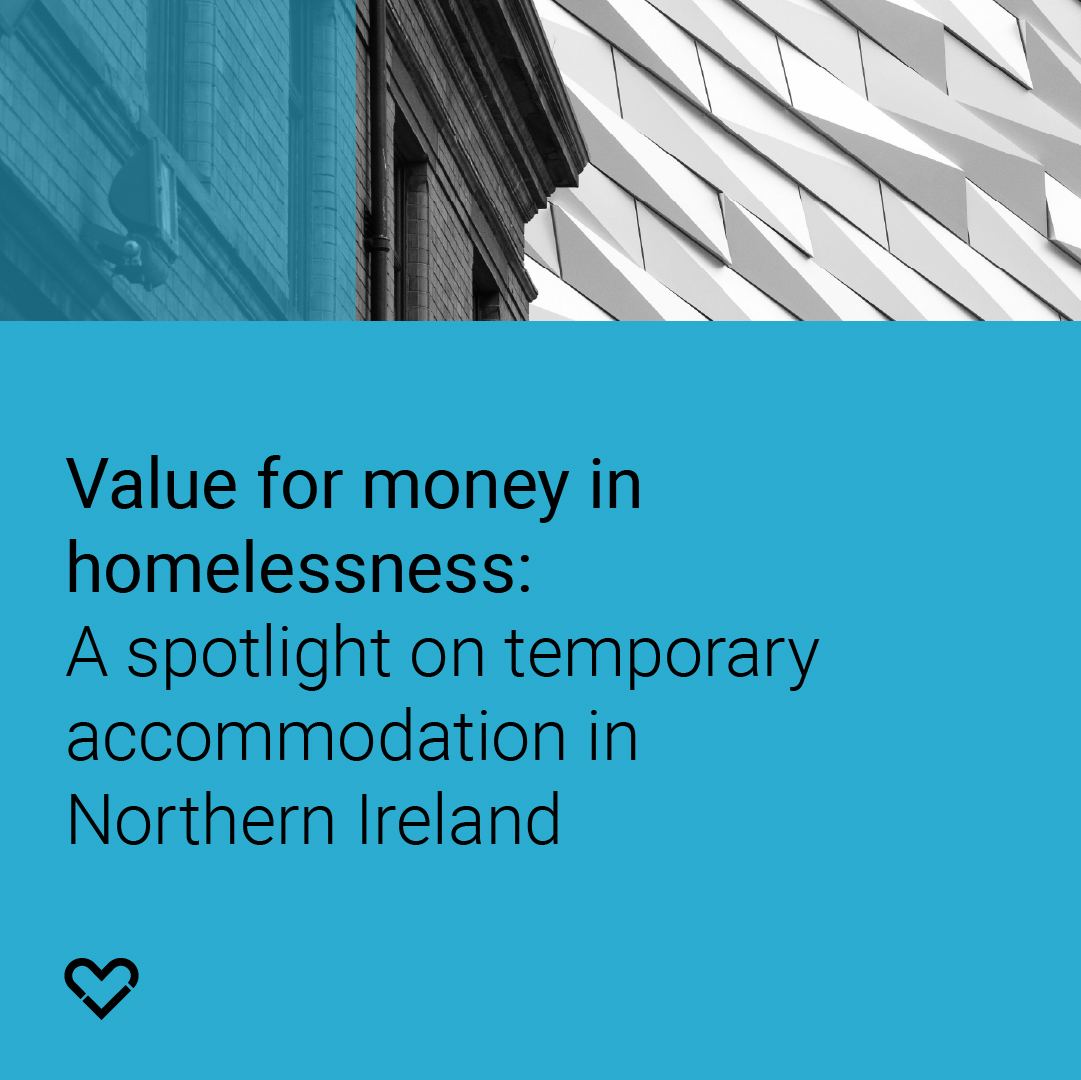European Journal of Homelessness: Social Innovation in Preventing Homelessness
Outline of the study
This paper explores how international collaboration between Canada and Wales has driven social innovation in preventing youth homelessness. The paper traces the bi-directional flow of ideas, policies, and practices, showing how international engagement can accelerate paradigm shifts in addressing complex social problems.
Findings in brief
- In Canada, 35 - 40,000 young people aged 13 - 24 experience homelessness annually, with 6000 -7,000 homeless on any given night
- 50% of people in Canada who are currently homeless had their first experience before they were aged 24; 42% of young people experiencing homelessness in Canada had their first episode of homelessness before there were 16 years old
- Traditional crisis-response approaches leave young people vulnerable to trauma, declining health, criminal exploitation, and social exclusion
- Wales's Housing Act 2014 introduced the innovative ’duty to assist legislation,requiring local authorities to help people experiencing, or at risk of homelessness within 56 days
- International engagement exposed Canada to prevention-focused models from Australia, such as Reconnect and the Geelong Project/Upstream
- The Canadian ’Making the Shift’ Social Innovation Lab has funded 29 research projects and operates multiple demonstration sites
- Wales has been influenced by Canadian innovations like Housing First for Youth through knowledge-sharing networks. The Welsh government’s commitment to end youth homelessness by 2027 is supported by learning from international evidence and models of good practice, including in Canada
- The focus on homelessness prevention, building on international evidence, increased funding and the role of local authority youth services in addressing homelessness
- Wales’s small, close-knit policy communities with international connections have facilitated faster knowledge transfer and innovation uptake.
Recommendations in brief
- Prioritise prevention over crisis response in youth homelessness strategies and funding
- Where a legal duty to assist is not in place, consider an alternative approach involving public institutions, such as schools, child welfare, healthcare and criminal justice, with a mandate to offer assistance to young people at risk of homelessness and link them support
- Monitor the impact of Social Innovation Labs as a means of bridging research and practice through demonstration projects and technical assistance
- Strengthen knowledge-sharing networks between researchers, practitioners, and policymakers across national borders
- Invest in early identification programmes within schools and youth services and embed homelessness prevention approaches across housing, youth, education and health services
- Develop Housing First for Youth programmes adapted to young people's specific needs
- Ensure young people with lived experience of homelessness have opportunities to inform homelessness prevention strategies and priorities
- Invest in research and practical demonstration projects to build the evidence base for homelessness prevention.
No items found.





.jpg)

